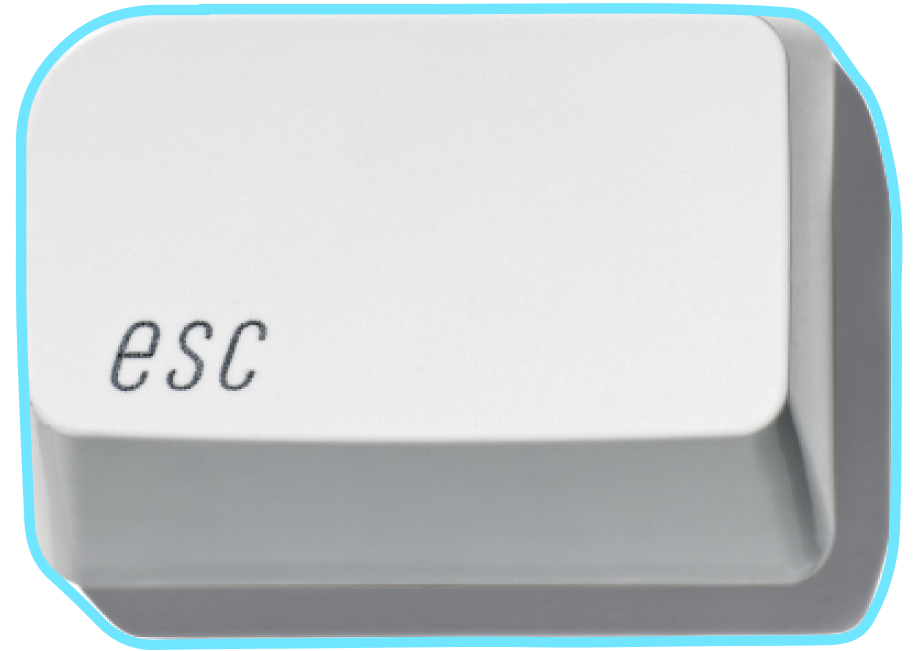The Email Archivist
10 years since We Think Alone encouraged inbox introspection
In 2013, the artistic polymath Miranda July launched a newsletter/experimental writing project called “We Think Alone.” Each week for 20 weeks, July asked a cast of minor-to-major celebrities to find and share an email they’d sent related to a prompt (“An Email About Money,” “An Email That Includes A Picture of Something You Want,” “An Email About A Fear,” “An Email About A Problem You're Having With Your Computer”...) and forwarded them along to subscribers.
The project certainly scratched the voyeuristic itch of getting to peek into the sacredly intimate space that is the inbox: an apology from Lena Dunham to her mom, Laurie Simmons (“I've been thinking constantly about the way I acted leaving India, how hurtful and irresponsible it was...It's more than just wanting things to be okay between us—you're my mother and I need you.”); a note from Kirsten Dunst about needing a new phone (“think I'm going to iPhone it....I'm soooo scared”); Kareem Abdul-Jabbar describing a dream he had to his business manager ("I was trapped in a library... the one in Indiana Jones and the Last Crusade... I found a baby in the stacks. I kept trying to figure out if the baby was filed in the right place, though I have no idea what the right place would be. Infant Care?...p.s. This reminded me—I can't find my glasses—did I leave them at the office?”).
In my mind the bigger provocation of the We Think Alone project has always been from the perspective of the participants. Our inboxes are fire hoses of information whose main export is anxiety, and the primary mode of the email user is one of fending: unsubscribing from marketing missives, checking off items on an invisible to-do list written by our bosses, carefully crafting replies, silently praying that they won't prompt more responses. This is as true today as it was then. Miranda July's 2013 introduction to “We Think Alone” almost feels like it mocks us when it says "email itself is changing, none of us use it exactly the same way we did ten years ago; in another ten years we might not use it at all."
It’s funny that we call it an “email archive” given how rarely we ever revisit it. It is merely a way to relieve the apprehension we have around deleting—enabled by the near infinite space that our email providers afford us. For email users, “success” means never having to think about an email again.
As a 2013 consumer of the project, I was jealous of the permission granted to the contributors. In prompting them to return to their archives, “We Think Alone” induced them to haunt words long forgotten, to see their emails as tools for introspection, worthy of attention—or perhaps even more radically—worthy of sharing. But today, I can see clearly that the permission was always directed towards me, towards all of us. By July’s own admission, there is intentionally no official public archive of “We Think Alone.” But with the right combination of characters typed into the Gmail search box, I can cast a spell that summons it back into existence from where it lies—a decade deep within my inbox, waiting to be paid a visit.
Escape prompt
Strategies for redirecting attention
WETHINKALONE
Find an email in your archives that conforms to one of the following themes:
• An Email With I Love You In It
• An Email About The Body
• An Email That Gives Advice
Tell me what you found! Reply, comment, or forward an email to hi@elan.place: I may feature it in a future post.Screenshot garden
Internet diving hauls presented without context
Edited by Melanie Mannarino and Yash Bagal










